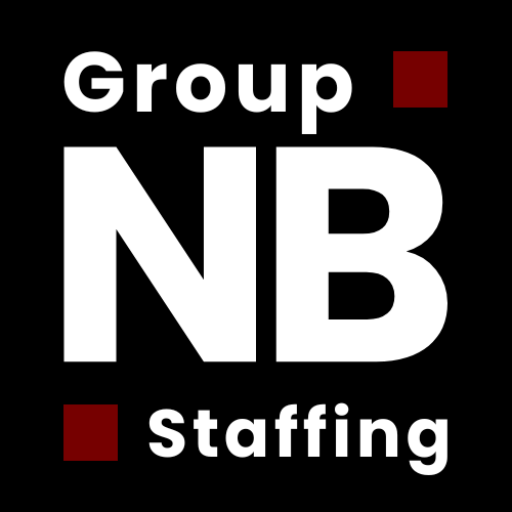We recommend that you pay attention to this important point and check with your advisor or school directly.
To apply to a college or university in Canada, you will need a very small package of documents. The good news is that you do not have to be nervous about the entrance exams – in most cases, there are no such exams for international students. The package of documents for admission in most cases includes: an IELTS Academic certificate/certificate of proficiency in French as proof of decent knowledge of the language and several translated documents on education and work experience.
Requirements of universities vary depending on the province or territory of the educational institution.
If you are concerned about what’s better: college or university, let’s be clear.
College means applied, hands-on learning. Many useful life skills will come in handy in the future.
In terms of cost: The very average figure is 16,000 CAD per year.
The cost depends on several factors:
– College location (prices vary by province and territory)
– the program focus (for example, business programs will be cheaper than technical ones)
– the duration of the program.
Universities in Canada offer continuing education and degree programs. There is a solid academic base and a lot of theory and research. Finally, you can apply for higher and more responsible positions, especially after a master’s degree.
Cost: Undergraduate programs tend to be more expensive than college programs. The cost per academic year starts at 18,000 CAD. Again, the price of the program directly depends on the location of the university, the program level, and the duration of the program.
So, you got into the university, then the next step is:
Collect and submit documents to apply for a Study Permit and apply for a student visa.
Important! A Study Permit can be issued only on the basis of a letter of admission from a recognized university (DLI).
Work while studying
If you go to a Canadian college or university, you can offset some of your expenses by working while studying. You can work up to 20 hours a week while you study and up to 40 hours a week during winter and summer vacation or spring break. In Canada, the minimum hourly wage varies from 11 to 16 Canadian dollars depending on the province or territory.
Note! Between November 15, 2022 and December 31, 2023, international students are allowed to work up to 40 hours per week (a temporary measure from Immigration Canada).
Immigration through education
Education in Canada not only allows you to gain new knowledge and practical skills, improve your English to a fluent level, get to know the country and find new friends and future colleagues but also to build a future pathway to immigration or permanent resident status in Canada.
Upon completion of the program, under certain conditions, you will be eligible to apply for a Post-Graduate Work Permit, which is valid for 1 to 3 years and allows you to work in any job without limitations on the number of hours you are allowed to work. Depending on the employment category of the National Occupational Classification a graduate after 12 months of continuous full-time work is eligible to apply for one of the immigration programs for permanent resident status.
Some provinces even have separate provincial immigration programs for recent graduates that do not require a work record, but only completion of a specific degree program (most often at the Master’s level).
Immigration through education is a long and costly process for 3-5 years before obtaining PR status. But it also has many advantages, which were mentioned earlier.
Study and graduation
It is entirely up to the student to get through this stage. We recommend that you study hard, complete projects and assignments on time, and never miss classes.
PGWP and moving toward Permanent Residence
The duration of your PGWP will depend on how many years your program of study lasted: if your program was shorter than 2 years, your PGWP will be the same as the duration of your program of study, but if your program of study was longer than 2 years, you may apply for a 3-year PGWP.
Finding an employer and getting a job in order to gain the necessary work experience.
Usually, you need 1-2 years of qualified work experience (NOC 0, A, B) to be eligible for most of the immigration programs.
You can then prepare the required application package for the Canadian Experience Class program through Express Entry or the provincial and pilot programs available to former students. Almost every province is interested in attracting students and retaining them.
Once you have become a Permanent Resident (and lived in Canada for 2-3 years) you can apply for citizenship.
An undoubted advantage of immigration through education is that Canada is interested in specialists with a local degree, with good English and already familiar with the culture and life of the country.
Both the educational system and visa stages are very well thought out and aimed at allowing foreign students to study and then successfully find a job and settle down in Canada permanently.
It is important to understand that an immigrant in Canada is not a second-class citizen, but one of the many educated and successful professionals who make Canada a second home and allow them to realize the potential that is often unclaimed in their country of origin.



